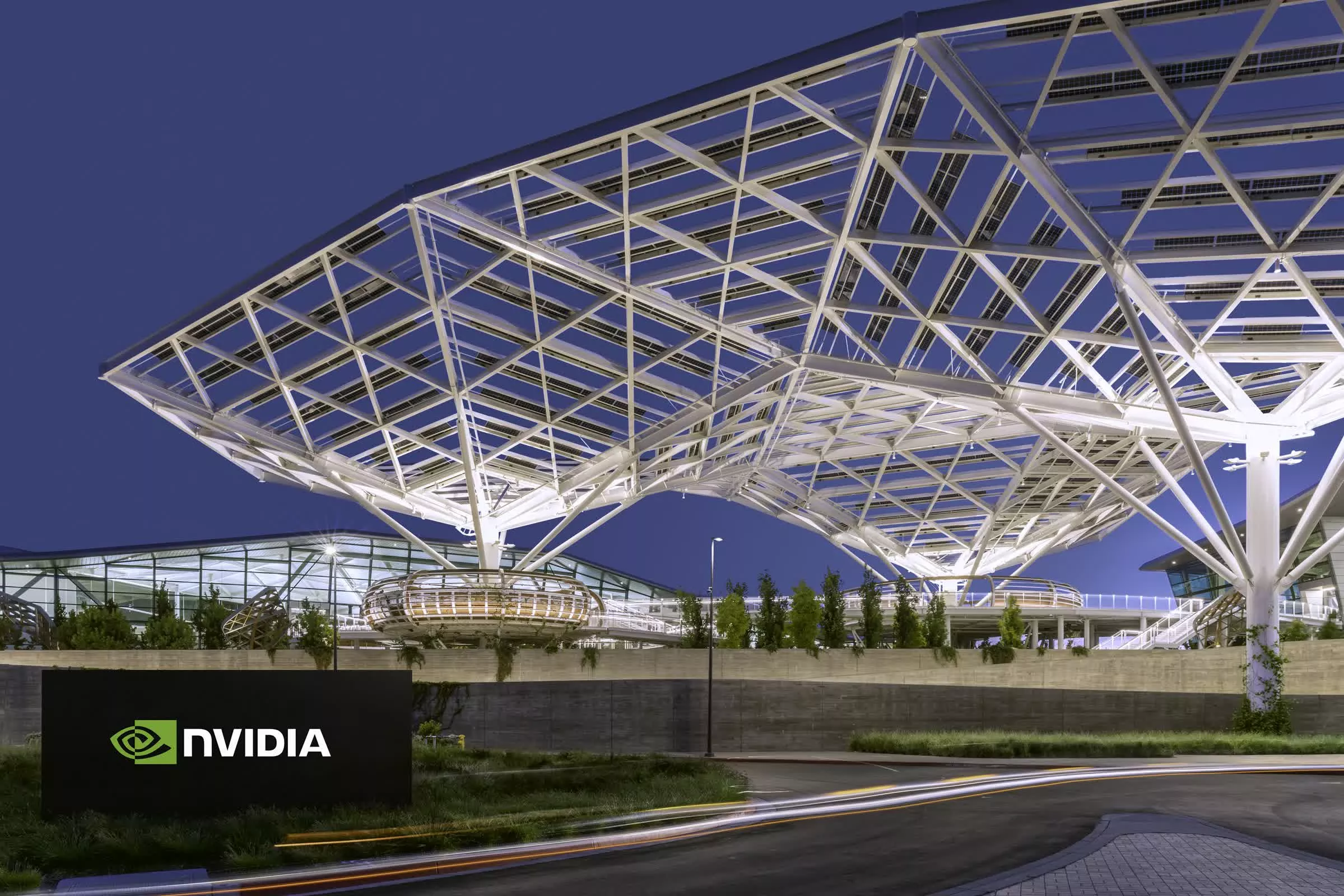The Future of Technology: Innovations Shaping Our World in 2025
Author: Echobase AI

As we navigate through 2025, the technological landscape has undergone a remarkable transformation, driven largely by advancements in artificial intelligence (AI), biotechnology, gaming, and robotics. These innovations are not just reshaping industries; they are redefining the fabric of everyday life. From AI-driven creative tools to groundbreaking biotech firms emerging from Boston, this article delves into the technologies set to dominate the future.
One of the most significant developments is Google's AI video generator, Veo 3, which recently became available through a subscription model via the Gemini app. Priced at $20, this tool allows users to effortlessly create engaging videos, showcasing Google's commitment to integrating AI into various creative processes. Users can now generate high-quality video content without the need for extensive editing skills, marking a significant shift in content creation.
Google's AI video generator, Veo 3, is available for $20 subscription.
Meanwhile, the biotechnology sector in Boston is witnessing a surge in innovative companies that are poised to make significant impacts in health and medicine. The BIO International Convention 2025, held in Boston, highlighted the region's leadership in the global biotech landscape. Thousands of industry leaders gathered to discuss partnerships and advancements, indicating a robust pipeline of innovation and collaboration in the coming years.
In the gaming industry, Rockstar Games is aiming to lower the production costs of its next installment, Grand Theft Auto 7, through the use of AI technology. Following the exorbitant budget for Grand Theft Auto 6, often cited as around $2 billion, the company believes that AI can streamline production processes, allowing for a more cost-effective development cycle without sacrificing quality.

AI technology could significantly lower development costs for Grand Theft Auto 7.
Robotics is another field where rapid advancements are being made. The Ecovacs Goat A2500 RTK is a robotic lawnmower designed for efficiency, boasting a 12.99-inch cutting width. These devices signify a shift towards automation in household chores, catering to a growing demand for convenience and efficiency. The ability of such robots to perform tasks autonomously is reshaping the concepts of home maintenance.
As the world pushes towards integrating technology and biology, discussions around 'biological computers' are gaining traction. Researchers are exploring the potential of using living brain cells on silicon chips to create computers that function not only through traditional computational methods but also through biological processes. This innovative approach could revolutionize how we think about computing and artificial intelligence.
Emerging biological computers using living tissue could transform AI technology.
Additionally, the field of containerization and cloud computing is evolving, with alternatives to Kubernetes gaining attention. As more businesses grapple with scaling their applications across clusters, these alternatives are providing needed solutions for seamless integration and management of complex applications. The shift towards containerization is indicative of broader trends in software development and deployment that prioritize flexibility and efficiency.
AI continues to permeate various sectors, including research and development. The recent enhancements in ChatGPT's functionalities illustrate the growing importance of AI in automating tasks and improving productivity. ChatGPT Deep Research has introduced new connectors, allowing users to integrate tools like Slack for a more context-aware interaction. This evolution showcases AI's role in transforming workplace efficiency and collaboration.
ChatGPT Deep Research's new integrations enhance workplace productivity.
On a societal level, the emotional connections users form with AI are becoming increasingly significant. An article highlights how for some individuals, chatbots have become companions, even to the extent of fostering emotional relationships. This trend speaks to evolving human-AI interactions and raises questions about the implications for mental health and social dynamics as AI technologies continue to develop.
The financial landscape is also feeling the impact of these technological advances. Nvidia's market valuation has soared to nearly $4 trillion, surpassing previous records set by Apple. This incredible growth signifies the rampant expansion in AI spending and investment as companies worldwide rush to harness the capabilities of AI to drive their business strategies and transform industries.

Nvidia's valuation is a testament to the booming AI industry.
Finally, for consumers looking for alternatives to mainstream tech products, innovative products like Chuwi's AuBox Mini are emerging, providing powerful computing capabilities at affordable prices. This Windows mini PC is designed to cater to the needs of users looking for performance and efficiency without the hefty price tag of competitors. Products like these demonstrate the increasing accessibility of advanced technology to a broader audience.
In conclusion, 2025 is shaping up to be a pivotal year in technology, marked by groundbreaking innovations across various sectors. From AI-driven creative tools and biotechnology advances to intelligent gaming productions and cutting-edge robotics, these advancements are not only reshaping industries but also changing how we live, work, and interact with technology. As we continue to adapt to these changes, the potential for positive impact is immense, underscoring the importance of navigating the challenges and opportunities that lie ahead.